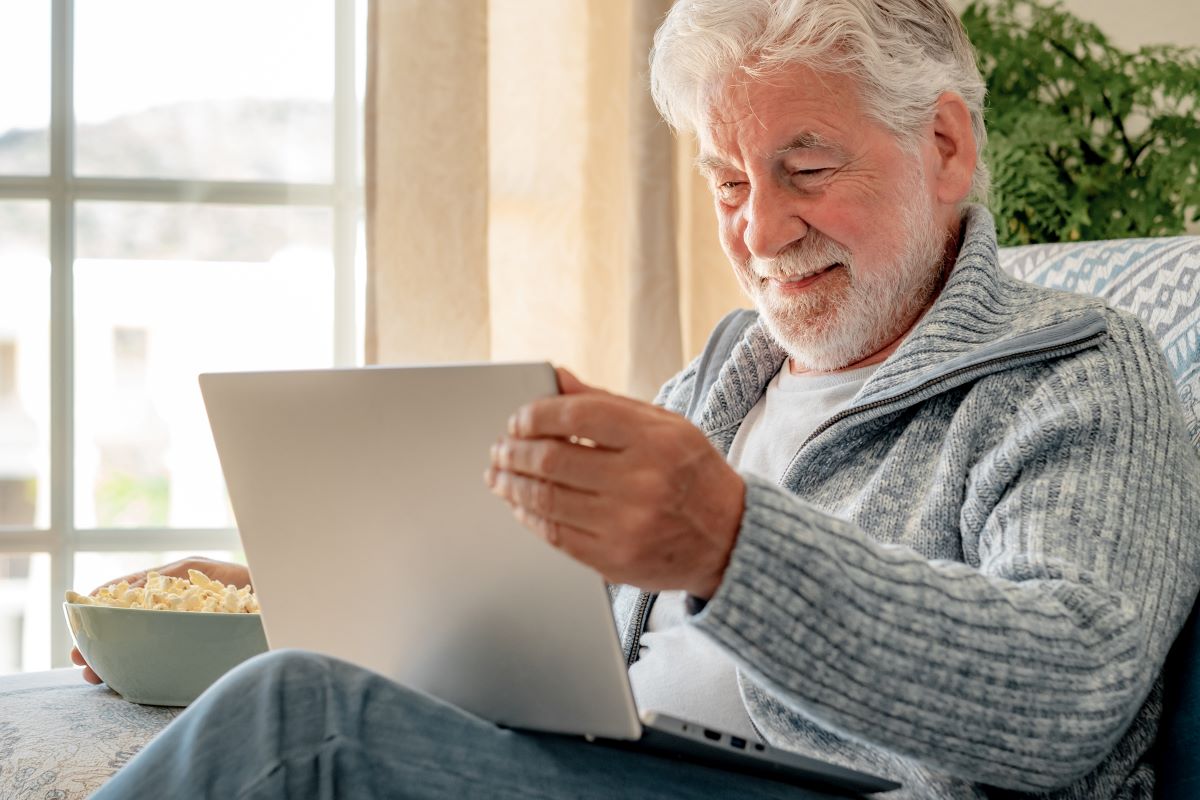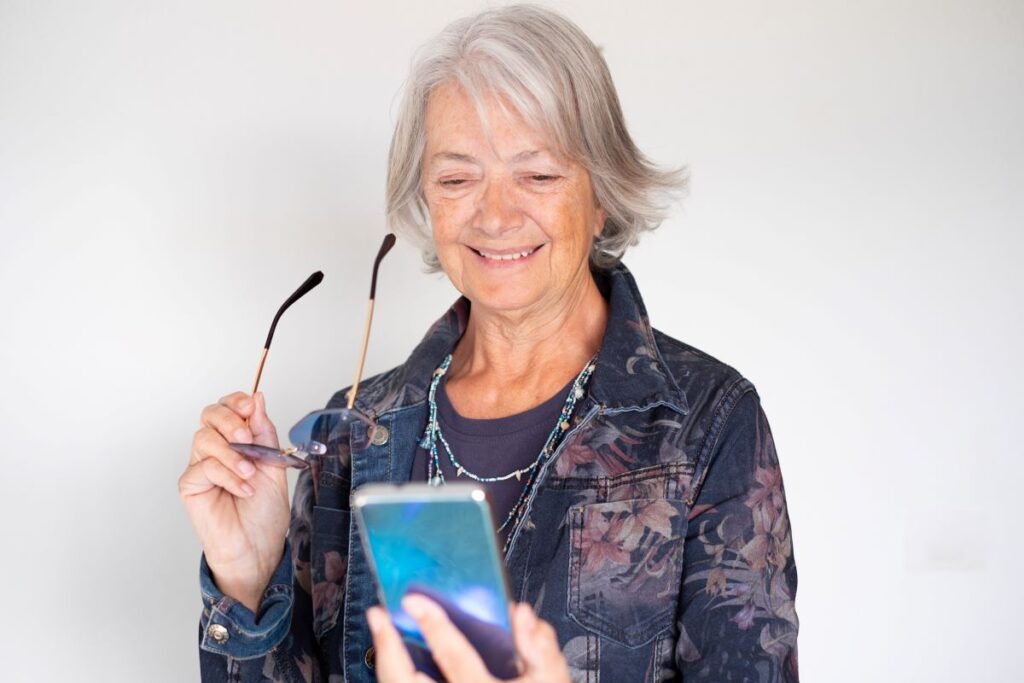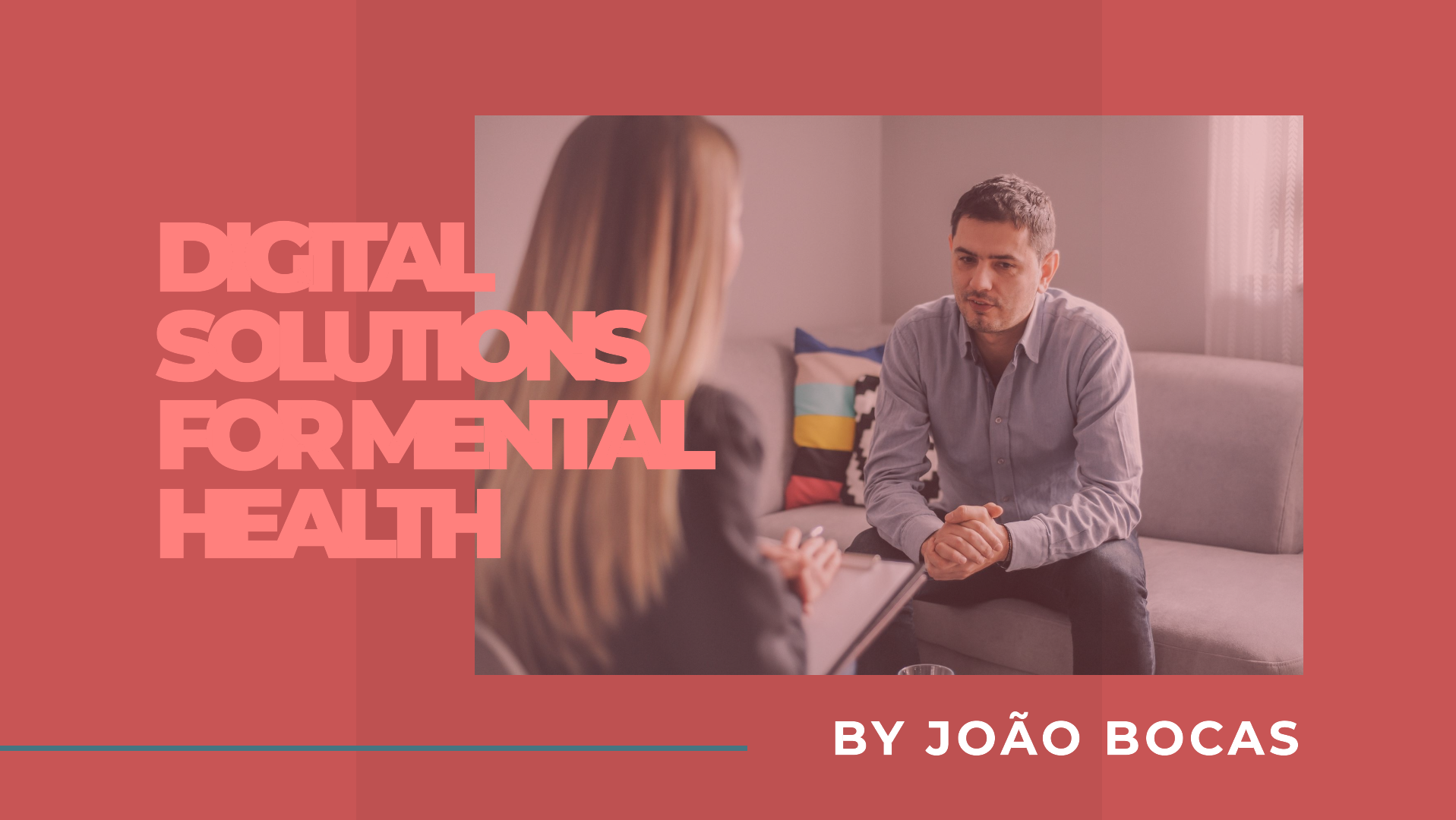Technology has the potential to greatly improve elderly healthcare, but there are still some challenges that need to be addressed.
As our population ages, it’s important that we find ways to improve healthcare for seniors. One way to do this is by using technology. In this blog post, we’ll explore three ways that technology can enhance elderly healthcare. We’ll look at how it can improve care monitoring, increase accessibility, and lead to better outcomes. We’ll also discuss some of the challenges of implementing technology in elder care, such as limited access and lack of resources.
We’ll start by looking at how technology can help monitor patients’ health status. This can be done through wearable devices or apps that allow seniors to report on their own health status and give caregivers a better picture of what’s happening with their patients. This has several benefits: it allows caregivers to get a more accurate picture of the patient’s health status; it allows them to intervene before an issue becomes serious; and it helps patients feel more connected with their caregivers—which reduces stress levels among both parties!
Next, we’ll look at how technology can increase accessibility for elders who may not be able to drive or walk very far. For example, some elderly people may have trouble getting out into public spaces due to mobility issues or social anxiety (such as agoraphobia). The technology could help these individuals access public spaces
How Technology Improves Elderly Healthcare.
Technology is making a big difference in the lives of the elderly.
For example, there are now many apps and devices that help them stay in touch with their families and caregivers. They can use these tools to send messages, make video calls, or even call emergency services if they need help.
Another area where technology is making an impact in healthcare. There are many apps available that can help seniors manage their health and keep track of their medications. They can also use these apps to connect with doctors who can provide virtual medical advice when needed.
The Internet of Things (IoT) has also made a big impact on elderly care by allowing caregivers to better monitor the health of their loved ones from afar through sensors and cameras placed throughout the home. These sensors tell caregivers how well their elderly loved ones are doing—and what kind of help they might need so everything runs smoothly at home after work ends each day.
The 3 technologies that are improving elderly healthcare are:
- Remote patient monitoring: Remote patient monitoring (RPM) is the use of technology to collect patient data and track health outcomes remotely. RPM has been shown to improve elderly healthcare by reducing hospitalizations, emergency room visits, and length of stay. In one study, RPM was found to reduce hospitalizations by 21%, ER visits by 28%, and length of stay by 19%.
- Autonomous Medical Devices: Autonomous medical devices are self-contained devices that can perform tasks without human intervention. These devices have the potential to improve elderly healthcare by increasing access to care, reducing errors, and improving outcomes. One study found that autonomous medical devices were associated with a reduction in mortality rates of up to 30%.
- Telemedicine: Telemedicine is the use of telecommunications to provide medical care from a distance. Telemedicine has been shown to improve elderly healthcare by increasing access to care, reducing travel time and costs, and improving outcomes. In one study, telemedicine was found to increase access to care for rural elders by 57%.
Advantages of Technology in Elderly Healthcare.
Technology in healthcare can help to reduce costs in a number of ways. For example, remote care monitoring allows patients to be monitored remotely, which can avoid the need for costly and unnecessary hospital visits. In addition, autonomous medical devices can help to reduce the cost of labor by performing tasks such as dispensing medication. Finally, telemedicine can help to reduce travel costs for both patients and providers.
Increased Accessibility.
Technology can also help to increase accessibility to healthcare, especially for elderly patients who may have difficulty traveling to see a provider in person. For example, remote care monitoring can allow patients to receive care from their homes without having to travel to a healthcare facility. In addition, telemedicine can provide access to providers who may not be available locally.
Improved Outcomes.
Finally, technology in healthcare can also lead to improved outcomes for elderly patients. For example, autonomous medical devices can help to improve medication compliance by reminding patients when it is time to take their medication. In addition, telemedicine can help to provide timely access to specialist care that might not be available locally.
Challenges of Implementing Technology in Elderly Healthcare.
A lack of access to technology is one of the main challenges facing elderly healthcare. Many seniors do not have the resources or mean to purchase and use technological devices and software. In addition, many health care facilities serving the elderly are not equipped with the latest technology. This limits the ability of staff to provide care and services using new technology-based approaches.
Digital Literacy.
Another challenge of implementing technology in elderly healthcare is digital literacy. A lack of familiarity with computers, tablets, and smartphones can make it difficult for seniors to take advantage of available technology. Additionally, older adults may not be able to navigate new website designs or use social media platforms effectively. As a result, they may miss out on important information about their health or be unable to communicate with their care team effectively.
Lack of Resources.
Finally, a lack of resources can also impede the implementation of technology in elderly healthcare settings. Healthcare facilities serving seniors often have limited budgets, which can make it difficult to invest in new technology or train staff on how to use it effectively. Additionally, government funding for research and development in this area is often inadequate, leaving few resources for innovation within the eldercare system.
3 Ways Technology Enhances Elderly Healthcare
As the baby boomer population ages, technology is becoming more and more important in the healthcare field. Here are three ways technology can enhance elderly care:
- Remote Monitoring: As people age, they often have chronic conditions that require regular monitoring. With remote monitoring, elderly patients can simply use a home device to track their health data and send that data to their doctor’s office so it can be reviewed in real-time. This allows doctors to keep track of their patient’s health without making frequent visits or taking up valuable time during office hours.
- Digital Health Records: It’s no secret that keeping track of all your health records is a pain—and it’s even more of a pain if you’re an older adult who needs help managing those records! Thankfully, digital health records allow doctors access to all your information from a single location. This means they don’t have to go searching for your medical history when they’re treating you; they just have everything they need right there at their fingertips!
- Telemedicine: Telemedicine systems enable doctors and nurses to remotely monitor patients’ vital signs through video conferencing software, which allows them to make informed decisions about treatment without being physically present with their patients (such as during emergencies
Technology is changing the way we deliver healthcare.
Now, more than ever, technology is keeping an eye on our elderly loved ones and helping to make sure they stay safe. Here are three ways that technology is enhancing elderly healthcare:
- Monitoring: With the help of sensors and cameras, we can monitor your loved one’s health from anywhere in the world. If they fall or have a medical emergency, you’ll be notified immediately so you can take action immediately.
- Communication: Thanks to the internet, communicating with your loved one has never been easier—and it’s helping them maintain their independence as well as their quality of life! You can talk to them on video chat or Skype without having to worry about expensive travel costs or time away from work.
- Transportation: An app like Uber or Lyft can help get your loved one where they need to go without having to worry about driving themselves! It’s a great way for them to feel safe while still maintaining their independence—and it’s easy on your budget too
Conclusion
Technology has the potential to greatly improve elderly healthcare, but there are still some challenges that need to be addressed. Remote care monitoring, autonomous medical devices, and telemedicine can all help to improve the quality of care for elderly patients. However, limited access to technology, digital literacy, and lack of resources can all pose challenges to implementation.
In order to successfully implement this type of technology in the home setting, it is necessary that nurses and doctors are able to provide adequate training for patients and caregivers. This is especially important if they have never used these types of devices before. The main benefit of using such devices is that they can help to reduce falls and injuries while also improving communication between healthcare providers and patients.
If you want to get the best digital health news, you can visit our website, Digital Salutem. We will update digital health news every week, so please keep in contact with us every week! If you have any feedback or suggestion about patient care, wearables, digital health news, or anything, please don’t hesitate to send an email to us!
Check our YouTube Channel, Healthcare Uncomplicated. To find out more about how we can help you with your Digital Healthcare Transformation, Healthcare organizational growth, or Healthcare brand positioning, please get in touch via phone at +44 (0) 203 3620421 or via e-mail: info@digitalsalutem.com






